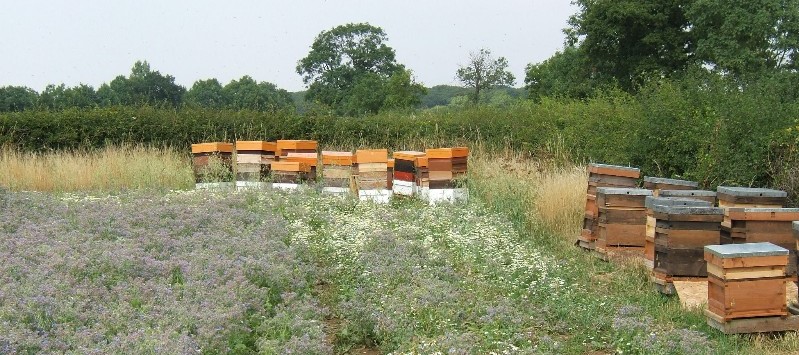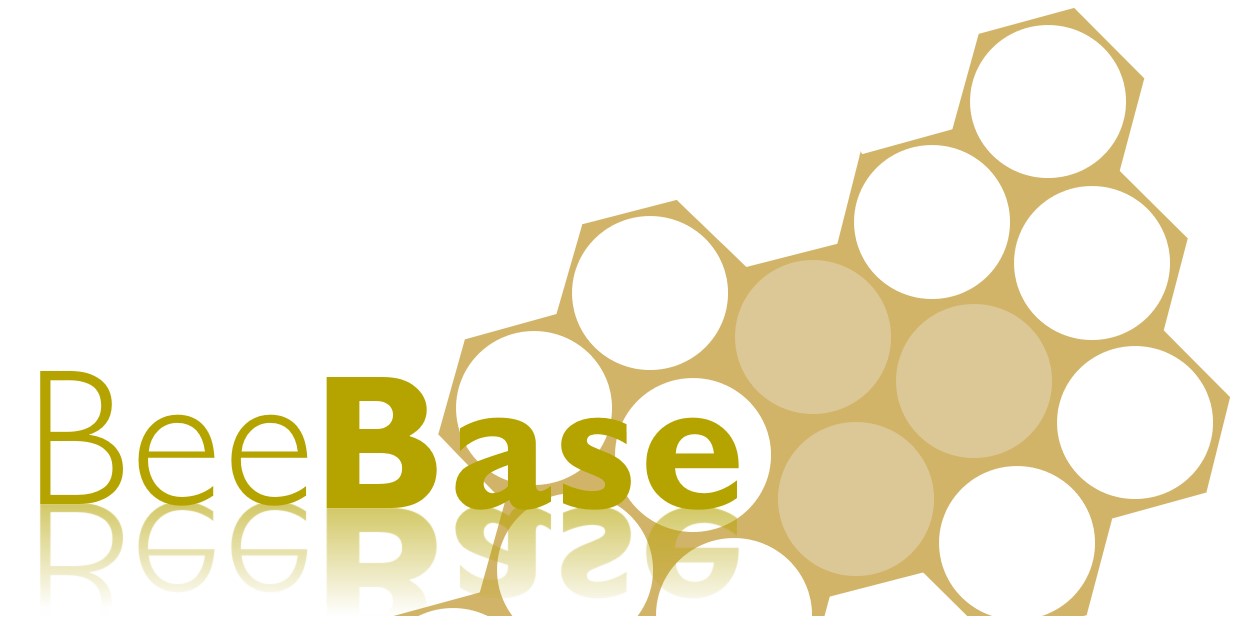In 2010 - 2011 the Farming Regulation Task Force issued an Earned Recognition Plan which, as the title suggests, allows self-regulation to those who show a strong track record of reliability and adherence to standards. This risk-based approach to inspections already runs throughout several inspection regimes in other areas, e.g. Integrated Pollution Prevention and Control (IPPC) inspections in the pig and poultry sectors, and in livestock welfare and dairy hygiene inspections. In 2013, the National Bee Unit (NBU) and The Bee Farmers’ Association Ltd (BFA) collaborated to develop DASH – the Disease Assurance Scheme for Honeybees. The aim of DASH is to:
- Reduce the costs associated with disease within commercial beekeeping operations;
- Improve the health of honeybees within the operation; and
- Reduce the regulatory burden in the form of inspection visits.
DASH is recognised within the DEFRA Farming Regulation Task Force Implementation – Earned Recognition Plan August 2013. DASH is only eligible to those in the Bee Farming industry and those members that successfully complete the scheme will receive greater autonomy and fewer inspections by Bee Inspectors.
This will not necessarily mean a reduction in the total number of inspections but gives an opportunity to improve targeting inspections to those close to disease.

Overview of DASH
DASH Membership Timeline:
| Autumn | BFA invite and review DASH applicants, current active members forwarded to NBU |
| Winter | NBU review applications |
| Spring | NBU contact candidates and invite to training sessions. |
| Spring | NBU host online training for applicants with an online assessment. |
| Spring/Summer | NBU offer a mix of comb workshop events and/or apiary visits focussing on disease recognition and biosecurity |
| 1 year | Baseline Inspection of all colonies offered. Timing of inspections is dependent on regional DASH audits due. |
| 1 year | Successful DASH members receive a certificate of competency. Applicants may receive improvement orders where necessary and are asked to rectify any non-compliances within an agreed period. |
| 3 years | NBU perform risk-based audits every 3 years in line with the Regulators Code. |
| Annually | In-field disease recognition sessions to be offered for bee farmer continued professional development. |
All DASH members are expected to update their apiary sites and colony numbers on BeeBase and be required to self-report any disease finds to the NBU as outlined in the DASH handbook. Copies of this and the Bee Farmer Self Inspection Form are available by emailing nbu-dash@apha.gov.uk. Any equipment needed for diagnosis of suspect disease will be provided by the NBU.
The DASH is entirely voluntary, and participants may leave at any time. There is no charge for participating in the scheme; training and equipment such as Lateral Flow foulbrood diagnostic kits (LFDs) and reply-paid labels are provided. Full admission to the scheme is at the discretion of the NBU. During the late summer months, participants will need to attend a training event to verify that they can recognise disease.
DASH Figures as of January 2023
| DASH Applicants | Invited to training | New entrant assessments passed in year | Apprentices | Baseline due | Baselines completed | Audits completed | Left DASH | Year of first audit | Year baseline/audit due | Total current DASH businesses | Total current DASH trained members | |
| 2013 | 34 | - | 34 | 0 | 0 | 0 | 0 | 0 | 0 | 0 | 0 | 34 |
| 2014 | 27 | - | 20 | 1 | 0 | 26 | 0 | 0 | 0 | 0 | 26 | 54 |
| 2015 | 31 | - | 15 | 9 | 0 | 15 | 0 | 0 | 0 | 0 | 41 | 69 |
| 2016 | 0 | - | 9 | 0 | 0 | 13 | 0 | 0 | 0 | 0 | 54 | 78 |
| 2017 | 23 | - | 23 | 2 | 0 | 19 | 22 | 2 | 22 | 0 | 71 | 99 |
| 2018 | 0 | - | 0 | 0 | 0 | 2 | 13 | 0 | 13 | 0 | 73 | 99 |
| 2019 | 21 | - | 15 | 4 | 0 | 6 | 11 | 3 | 11 | 0 | 76 | 111 |
| 2020 | 27 | - | 0 | 0 | 0 | 0 | 2 | 1 | 1 | 1 | 75 | 110 |
| 2021 | 0 | 0 | 16 | 3 | 10 | 5 | 36 | 15 | 13 | 1 | 65 | 111 |
| 2022 | 0 | 0 | 0 | 0 | 0 | 5 | 16 | 7 | 8 | 5 | 63 | 104 |
| 2023 | 28 | 22 | 0 | 0 | 0 | 0 | 0 | 0 | 0 | 0 | - | - |
| Total | 191 | - | 132 | 19 | - | 91 | 100 | 28 | 68 | - | - | - |

